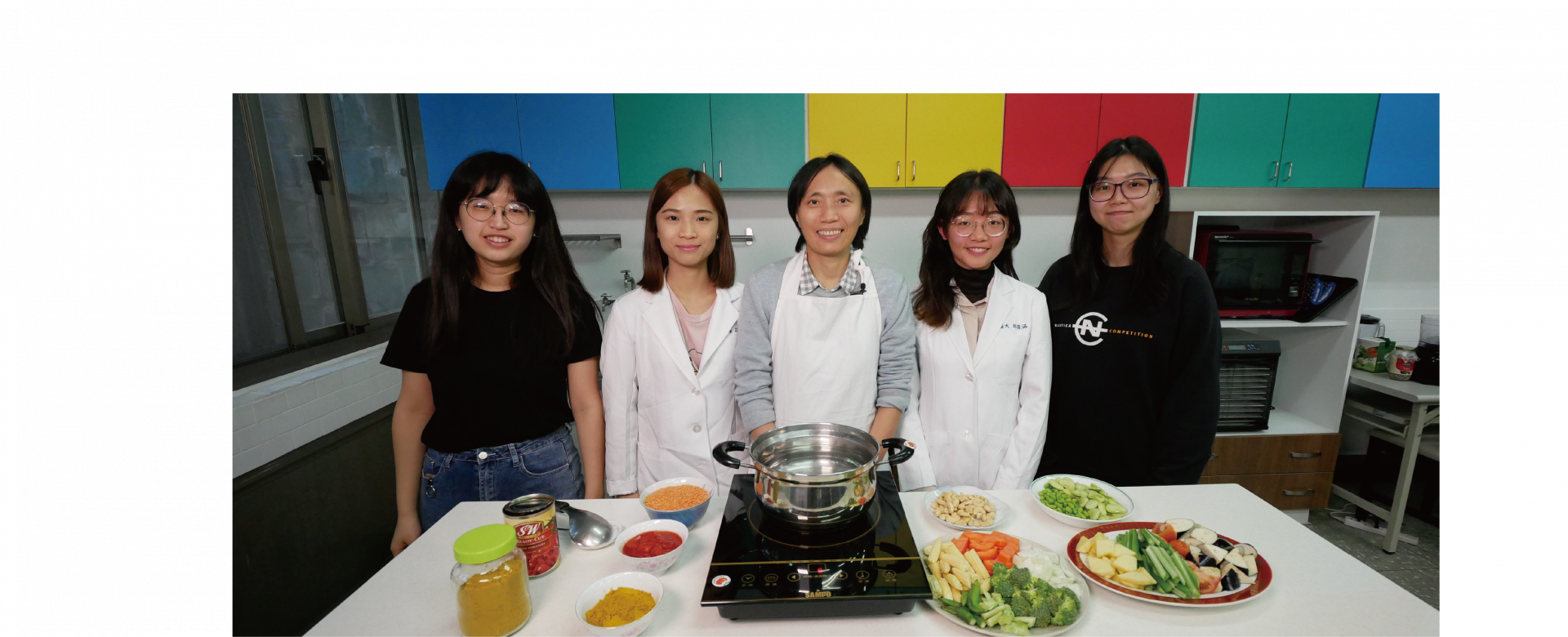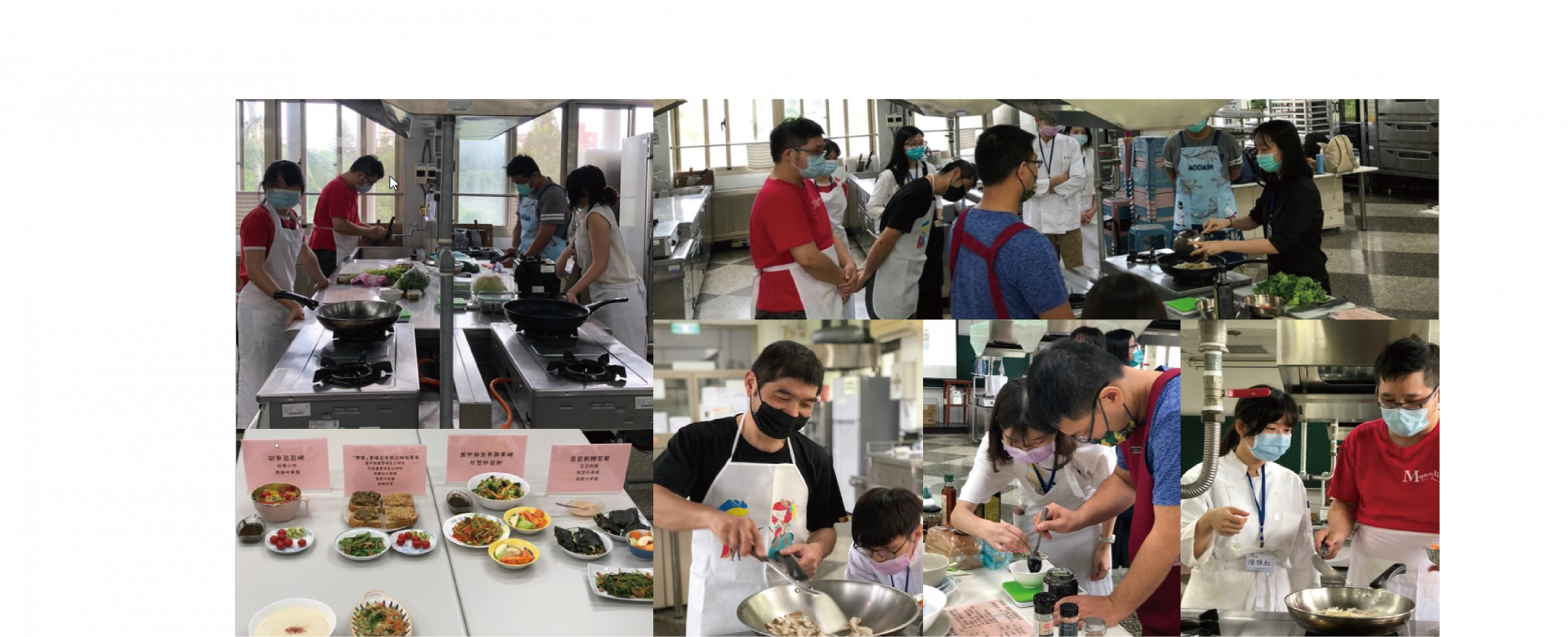Featured Scientist

Tina H. T. Chiu, Ph.D.
Assistant Professor
Department of Nutritional Science
Education & Academic Qualifications
Ph.D., Institute of Epidemiology and Preventive Medicine, National Taiwan University, Taiwan
MPH, School of Public Health, Loma Linda University, USA.
BSc(Dietetics), University of British Columbia, Canada.
Research Interests
Vegetarian diets and prevention of chronic diseases
Vegetarian diets in medical nutrition therapy
Diet, microbiome, and health
Diet and lifestyle for mitigating climate change and improving planetary health
Dr. Tina Chiu studies on the role of plant-based diets on health, disease prevention, and environmental sustainability. She is the nutritional epidemiologist of one of the most important vegetarian cohort studies in the World, the Tzu Chi Health Study, in which she investigates the impact of vegetarian diets on gout, stroke, diabetes, cataract, and other diseases. She also conducts randomized controlled trials to test the effects of whole food plant-based diets on disease management. Tina has served at the International Advisory Board and spoken at the 7th International Congress on Vegetarian Nutrition (7ICVN) and has collaborated with researchers from the EPIC-Oxford, the Adventist Health Study-2, and the Indian Migration Study on a review paper (Advances in Nutrition, 2019 Nov 1;10:S284-S295) to update the current understanding of vegetarian diets. Tina is a registered dietitian in both the USA and Taiwan. She is an avid hiker and feels deeply connected with the mountains, the trees, the water, and the animals.
Vegetarian diet and risk of gout in two separate prospective cohort studies
Plant-based diets may target multiple pathways in gout pathogenesis (uric acidreduction and anti-inflammation) while improving gout associated cardiometabolic comorbidities. However, among Asian health professionals and lay public, it is widely believed that soy may raise uric acid and risk of gout.
Our study demystified the common assumption that high soy vegetarian diets cause gout. We prospectively examined the relationship between a vegetarian diet and gout. We followed 4903 participants in the Tzu Chi Health Study (Cohort1, recruited in 2007 to 2009) and 9032 participants in the Tzu Chi Vegetarian Study (Cohort2, recruited in 2005). Diet was assessed through a validated questionnaire. Incidence of gout was ascertained by linkage to the National Health Insurance Database. Lacto-ovo vegetarians had the lowest uric acid concentration, followed by vegans, then nonvegetarians. In both cohorts, vegetarian diet was associated with lower risk of gout (Cohort I: HR: 0.33; 95% CI: 0.14, 0.79; Cohort 2: HR: 0.61; 95% CI: 0.41, 0.88). The protective association stayed robust even after adjusting for baseline hyperuricemia, suggesting that protection may go beyond uric acid. Our study, published in Clinical Nutrition (2020; 39(3):837-844), is the first to show that a vegetarian diet is associated with a lower gout incidence.
Our team continues to investigate this topic by conducting a randomized controlled trial to test the effect of a nutritionally balanced vegan diet vs. a low purine diet (the medical nutrition therapy for gout in current practice) in lowering uric acid and other cardiometabolic risk factors. The intervention in this trial includes individual nutrition counseling, fun group activities: cooking class, supermarket shopping tour, and how to avoid traps when eating out.
734 views


